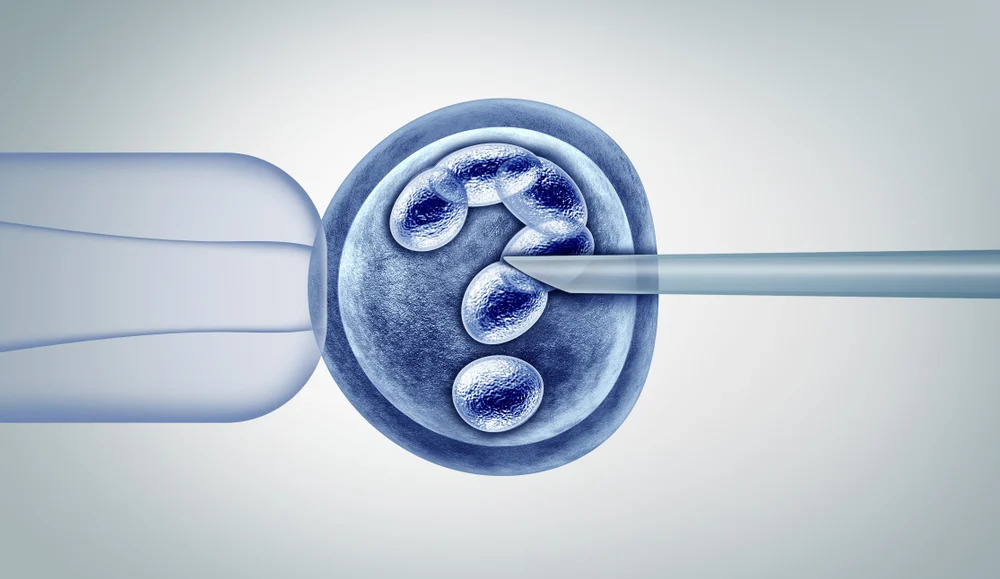The Future of IVF: New Technologies and Innovations

In recent years, the field of in vitro fertilization (IVF) has witnessed remarkable advancements, making it more accessible and successful for couples worldwide. As fertility challenges continue to affect millions of people, innovations in IVF technology offer hope and new possibilities. For those considering IVF with a Donor Eggs, understanding these advancements is crucial to making informed decisions about family planning.
Cutting-Edge Technologies in IVF
-
Time-Lapse Imaging
One of the most promising innovations in IVF is time-lapse imaging, which allows embryologists to monitor the development of embryos without disturbing their growth environment. This technology provides continuous observation, enabling the selection of the most viable embryos for implantation. By reducing the need for manual checks, time-lapse imaging increases the chances of a successful pregnancy.
-
Genetic Screening and Editing
Advances in genetic screening, such as preimplantation genetic testing (PGT), enable the detection of chromosomal abnormalities before implantation. This ensures that only healthy embryos are used, reducing the risk of genetic disorders. Additionally, breakthroughs in CRISPR gene-editing technology hold potential for correcting genetic issues at an early stage, although ethical considerations remain.
-
Artificial Intelligence (AI) in Embryo Selection
AI is becoming an integral part of IVF, assisting doctors in analyzing large datasets to predict the success rates of different embryos. By evaluating factors like embryo morphology and development speed, AI can help identify the embryos with the highest likelihood of resulting in a successful pregnancy, thus improving outcomes.
Innovations Enhancing IVF Success Rates
-
Improved Cryopreservation Techniques
The ability to freeze and store eggs, sperm, and embryos has revolutionized fertility treatment. Recent innovations in cryopreservation techniques, such as vitrification, offer higher survival rates and better outcomes after thawing. This advancement provides more flexibility and increases the chances of success in subsequent IVF cycles.
-
Microfluidics Technology
Microfluidics involves manipulating small volumes of fluid, allowing for more precise handling of gametes and embryos. This technology enhances the fertilization process and improves embryo culture conditions, leading to higher quality embryos and increased pregnancy rates.
-
Personalized Medicine and Treatment Protocols
Personalized medicine is transforming IVF by tailoring treatment plans to the specific needs of each patient. By considering individual genetic, hormonal, and environmental factors, fertility specialists can design customized protocols that optimize success rates and minimize side effects.
The Future Outlook
As research and technology continue to advance, the future of IVF looks promising. Innovations like 3D-printed ovaries and in vitro gametogenesis (IVG) may further revolutionize fertility treatments. These breakthroughs could offer new possibilities for individuals with fertility issues, making parenthood a reality for more people than ever before.
In conclusion, the ongoing advancements in IVF technology and innovation provide new hope for those facing fertility challenges. By staying informed about the latest developments, prospective parents can make better decisions and improve their chances of successful family planning.


